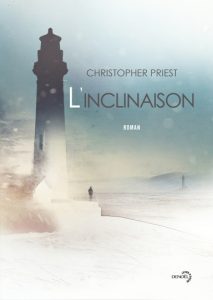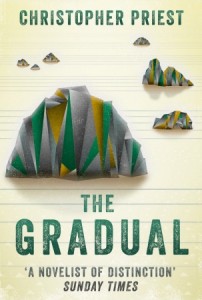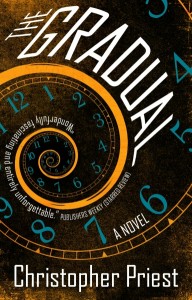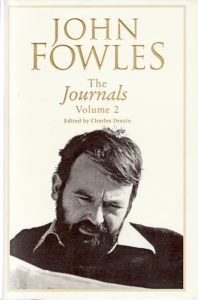Tom Hunter, current director of the Arthur C. Clarke Award, wants to open the prize to self-published novels. He is at present uncertain how this might work. One way he is mooting would be to throw it open to anyone, but charge each writer the same submission fee presently paid by publishers. Another proposal is to allow the panel of judges to call in self-published books. The two could or might be combined in some way.
But it seems to me that this begs the question of what a self-published novel actually is. For example, an ebook made available by a writer through Kindle is self-published — Amazon is only the distributor. Amazon does not act or function as publisher, and the writer remains the de facto publisher. So here is a definition that might be helpful:
Self-published works are not eligible where the author is the publisher. If the publisher is a company which has been specifically set up to publish the work in question, and/or the author is the person who owns the majority shareholding or otherwise controls the company, the work is ineligible.
That strikes me as a clear, uncontroversial and defensible statement of how self-published novels, intended to be submitted to a literary award, should be defined and regulated. It also accepts by implication that there is a difference between self-published texts and professionally published books. Although it is always unacknowledged by those who campaign for literary parity, here is the difference:
A book brought out by a trade publisher goes through various processes and tests before it is printed and distributed through bookshops.
- The author, who in many cases has the experience of publishing earlier works, will have completed several drafts and read-throughs before submitting it to the publisher.
- The manuscript will be read and judged by an experienced editor, and in some cases by several other people who work for the publisher.
- After it has been accepted the publisher will almost invariably require changes, usually minor but sometimes quite extensive: parts of the book might be requested to be shortened, lengthened, clarified, rewritten, etc.
- When the author has been given time to consider and carry out the revisions, the next stage is a close copy edit of the text. The copy editor will modify the text to conform to the publisher’s house style, and to normal printing conventions. At the same time various small but important matters will be addressed. Spelling and grammar will be corrected. Inconsistencies of plot or character or language or background will be queried.
- After the book has been set in type, both an in-house proofreader and the author will go closely through the text to make sure everything is correct.
- The book will be designed. Typeface and general typography will be chosen, as will page layout, chapter breaks, and so on.
- A cover is designed by an artist, overseen by the publisher’s art department.
- The finished book is then printed and bound.
None of these steps, or almost none, will apply to a self-published book. It is nothing to do with elitism (a frequent charge against people who know the difference). Writing is a profession. It has standards.
More than one hundred books are submitted for the Arthur C. Clarke Award every year — 113 were sent in for the 2016 prize. That’s a lot of reading to get through in a matter of a few weeks, and if the floodgates were opened and the commitment had to increase I believe it would become unworkable for most people. If self-published books were regulated as suggested above, then perhaps numbers would stay more or less where they are.
While on the subject of the Clarke Award, and knowing that no one can agree what it is actually “for”, it seems to me that over the thirty years of its existence it has tended to highlight well written centralist science fiction as well as more ambitious works which are pushing at the edges of the definition of the genre. Science fiction has always been a progressive form: it changes and improves and expands, and we look to something like the Clarke Award to reflect that unique literary spirit. In this it differs from fan-based prizes. Most of the people who have won the prize in the past have been serious about their writing, and the general tone of discussion has been, until recently, equally serious.
(Many congratulations to Adrian Tchaikovsy on his win! I hope it will have a significant impact on his career.)



